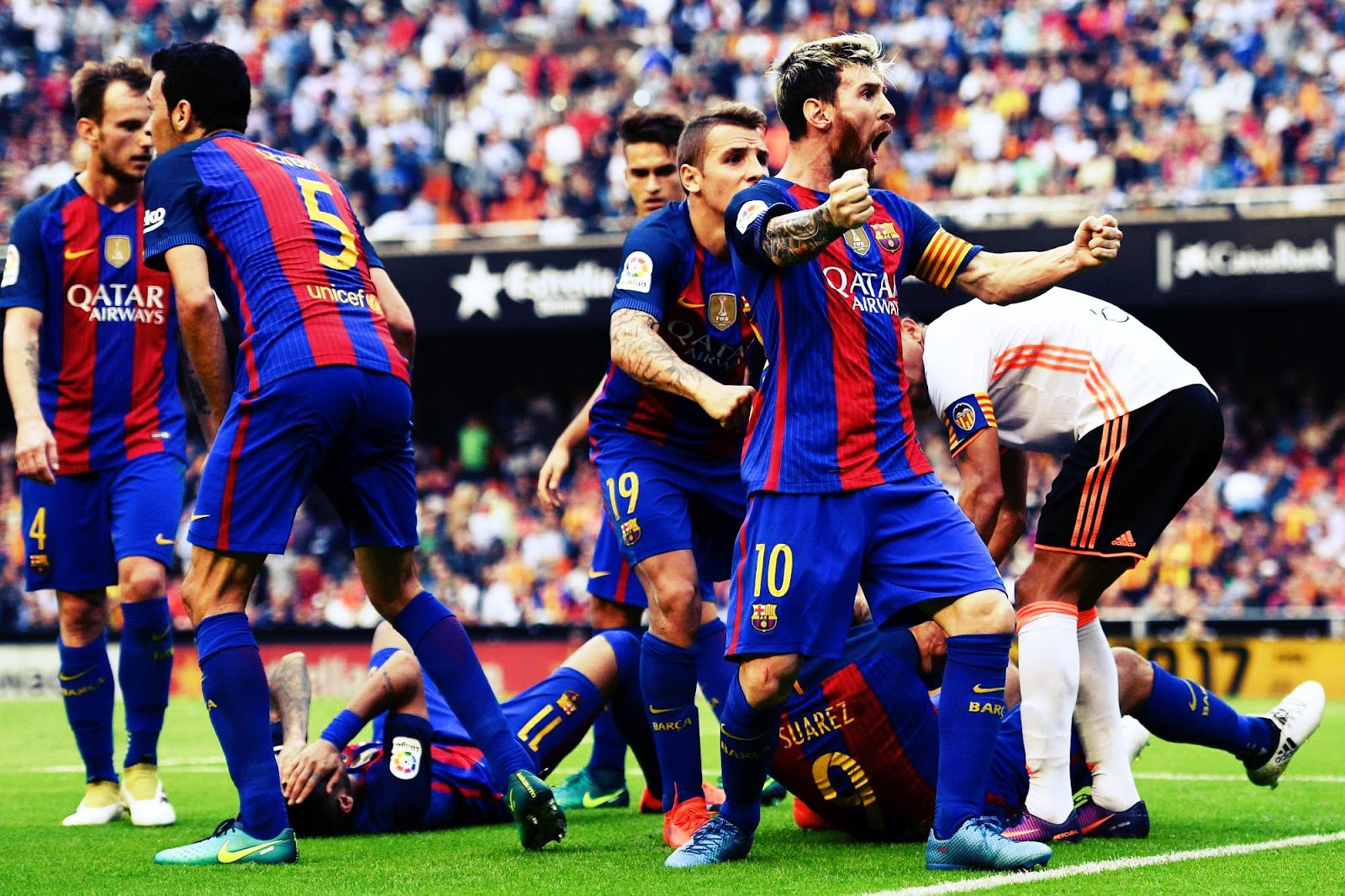Barcelona, a name synonymous with world-class football, has long been at the forefront of captivating the hearts of millions of fans globally. The "Barcelona game" isn't just about football—it's a spectacle of artistry, teamwork, and sportsmanship that has defined the sport for decades. With a rich history, groundbreaking strategies, and iconic players, the Barcelona game is more than just a match; it’s a celebration of passion and perseverance.
Over the years, FC Barcelona has built an identity that transcends traditional football. The club’s philosophy of play—often referred to as "tiki-taka"—is a mesmerizing blend of swift passing, possession dominance, and tactical brilliance. This unique approach to the game has set them apart, inspiring countless teams and players across the globe. Whether you're a die-hard fan or new to the sport, understanding the nuances of the Barcelona game offers an enriching perspective on why it holds a special place in the football universe.
In this detailed guide, we’ll dive deep into the history, strategies, and cultural impact of the Barcelona game. From its humble beginnings to its meteoric rise as a global phenomenon, we’ll explore everything you need to know about this iconic footballing style. Along the way, we’ll uncover the players who shaped it, the matches that defined it, and the legacy it continues to uphold. So, buckle up and join us as we explore the magic behind one of the world’s most celebrated football clubs.
Table of Contents
- Biography and Club History
- Philosophy and Playing Style
- Key Moments in Barcelona Game History
- Legendary Players and Their Impact
- Role of Coaches in Shaping the Barcelona Game
- Stadium and Fan Culture
- Economic Impact and Global Reach
- Rivalries and Iconic Matches
- Modern Tactics and Evolution
- Youth Academy and Future Stars
- Cultural Significance of the Barcelona Game
- Barcelona Game and Technology
- Barcelona Game in Popular Media
- Common Questions About the Barcelona Game
- Conclusion
Biography and Club History
FC Barcelona, also known simply as Barça, was founded on November 29, 1899, by a group of Swiss, English, and Catalan players led by Joan Gamper. The club is based in Barcelona, Catalonia, Spain, and has since become a symbol of Catalan culture and identity. Over the years, Barcelona has cemented its reputation as one of the most successful and beloved football clubs in history.
Club Details and Biodata
| Full Name | Futbol Club Barcelona |
|---|---|
| Founded | November 29, 1899 |
| Location | Barcelona, Catalonia, Spain |
| Stadium | Spotify Camp Nou |
| Capacity | 99,354 |
| Nickname | Barça, Blaugrana |
| Official Colors | Blue and Garnet |
| Club Motto | "Més que un club" (More than a club) |
| Major Trophies | La Liga, UEFA Champions League, Copa del Rey, FIFA Club World Cup |
Over more than a century, FC Barcelona has evolved into not just a football club but also a cultural institution. Its motto, "Més que un club" (More than a club), reflects its deep-rooted connection to the Catalan community and its commitment to social and political causes. This ethos is evident in the club's history, as it has often stood as a symbol of resistance and unity during turbulent times in Spain's history.
The club’s golden era began in the late 20th century, particularly under coaches like Johan Cruyff and later Pep Guardiola. These figures not only revolutionized the Barcelona game but also left a lasting impact on the footballing world. From innovative playing styles to record-breaking achievements, the club's history is a testament to its resilience, vision, and passion for the sport.
Today, FC Barcelona is one of the most valuable and widely followed sports teams globally. Its influence extends beyond football, making it a beacon of excellence, innovation, and cultural significance. The club continues to inspire millions, proving that the Barcelona game is much more than just a contest—it's a way of life.
Philosophy and Playing Style
(Content continues with detailed insights into "tiki-taka" and team strategies.)
Article Recommendations
- Discovering Joshua Jacksons Daughter A Glimpse Into Family Life In 2024
- Lt Net Worth A Comprehensive Overview Of Wealth And Influence
- All About Matter Baby A Deep Dive Into Its Meaning Relevance And Impact
